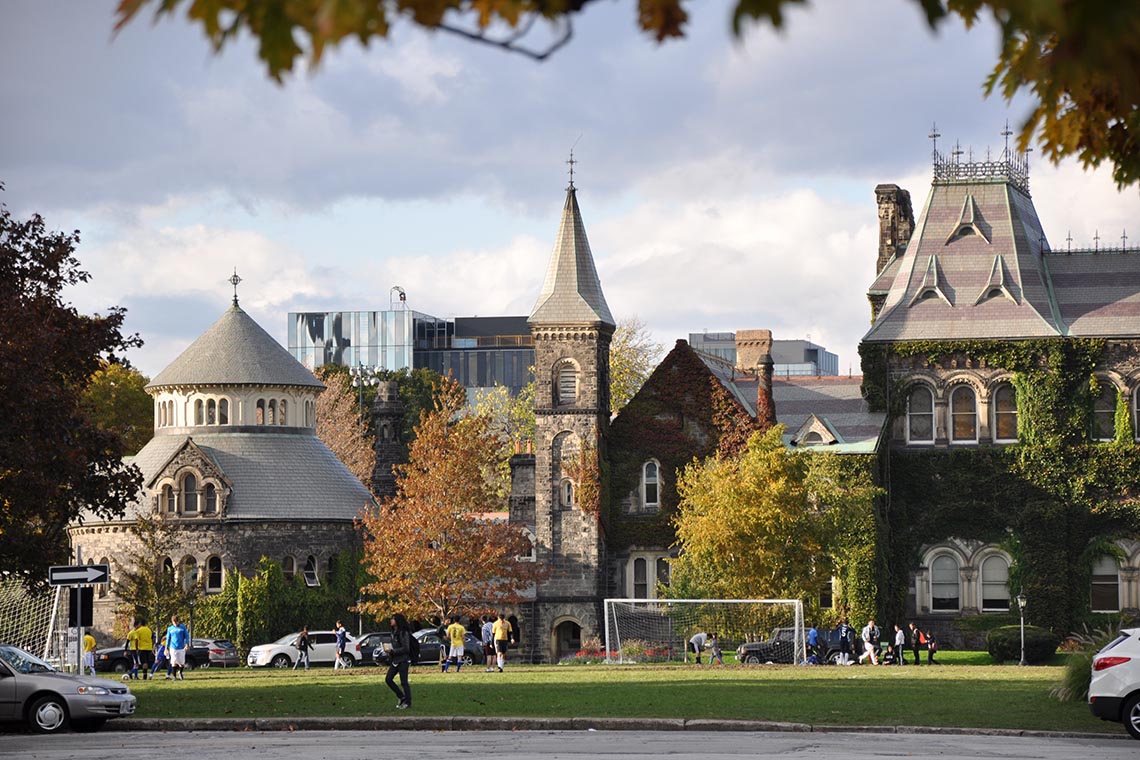
Though subject to varied emphases and disciplinary investments, Diaspora in contemporary thought involves an understanding of the shifting relations between homelands and host nations from the perspective of those who have moved, whether voluntarily or not. Diaspora emphasizes the inescapable lived experience of many migrant communities of negotiating forms of existence and self-understanding that are often translocal and exceed the boundaries of the nation-state. Questions of nostalgia, of the dynamics of co-ethnic identification, of the politics of homeland and host nation, and of the inter-generational shifts in responses to all these are central to studies of diaspora. Transnationalism, on the other hand, focuses on flows and counterflows and the multistriated connections they give rise to. It encompasses in its ambit not just the movement of people but also concepts of citizenship and multinational governance, the resources of information technology, and the realities of the global marketplace, among others. These multiple phenomena are then taken to exemplify the nature and intensities of the flows that shape the modern world. Taken together, the concepts of Diaspora and Transnationalism promise a broad understanding of the full spectrum of implications that derive from the reality of the vast movements of populations, goods, ideas, images, technologies, and finance in the world today.
The Collaborative Master’s and Doctoral Program in Diaspora and Transnational Studies is designed to bring together both social science and humanities at perspectives at the graduate level to augment our already existing tri-campus undergraduate program and to contribute to increased research collaboration among participants in the program. It has been set up in response to popular demand by advanced students of the current DTS undergraduate program as well as the many expressions of interest from students keen on thorough graduate training in the field from within Canada and well beyond. The Collaborative Program is distinctive by being interdisciplinary as well as comparative. Whilst raising questions about diasporic communities in Canada, this is not be the primary focus of the Collaborative Program. Rather, the Canadian example is a means towards understanding the nature of diaspora and transnationalism elsewhere in North America, Europe, Asia, Africa, and the Global South.
Contact: Graduate Director Ken MacDonald
ken.macdonald@utoronto.ca
Collaborating Programs and Degrees
Anthropology – MA, Msc, PhD
Cinema Studies – MA
Comparative Literature – MA, PhD
Criminology and Sociolegal Studies – MA, PhD
Drama, Theatre and Performance Studies – MA, PhD
English – MA, PhD
Geography – MA, MSc, PhD
German Literature, Culture and Theory – MA, PhD
History – MA, PhD
History of Art – MA, PhD
Near and Middle Eastern Civilizations – MA, PhD
Political Science – MA, PhD
Religion – MA, PhD
Slavic Languages and Literatures – MA, PhD
Sociology – MA, PhD
Social Justice Education (OISE) – MA, MEd, EdD, PhD
Spanish and Portuguese – MA, PhD
Women and Gender Studies – MA


